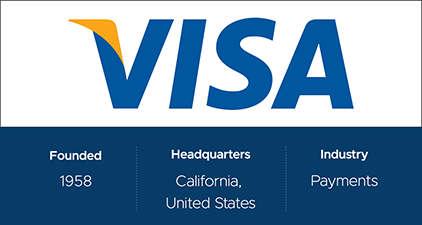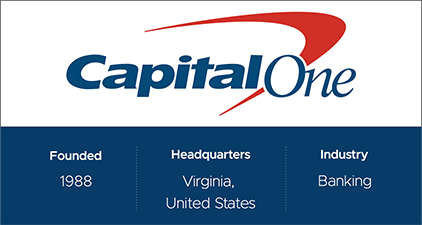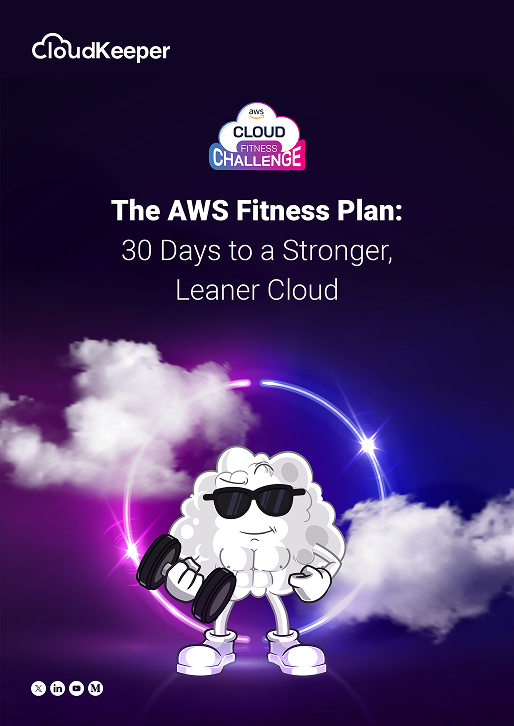Docker orchestration is the process of managing and scaling multiple Docker containers across a cluster of machines. It enables you to automate the deployment, scaling, and management of containerized applications.
Docker orchestration tools like Kubernetes, Docker Swarm, and Apache Mesos, provide a framework for managing containerized applications. These tools enable you to deploy, scale, manage, and monitor Docker containers, applications, and services across a cluster of machines or servers.
Companies that saved cloud costs by migrating to Docker orchestration:
Docker orchestration has become increasingly popular among companies that want to improve their application deployment and management processes while also reducing costs. Docker orchestration is a set of tools and services that automates the deployment, scaling, and management of containerized applications. It includes Docker Swarm, Kubernetes. In this article, we will look at some real-world examples of companies that have saved money by migrating to Docker orchestration.

PayPal is a well-known company that provides online payment solutions. In 2016, PayPal moved its infrastructure to Docker containers and Kubernetes orchestration. This move allowed the company to reduce the time required to deploy new applications by 90%. As a result, the company was able to save approximately $30 million in infrastructure costs. PayPal's move to Docker orchestration also improved its application performance and allowed the company to scale its applications more efficiently.

Visa is one of the world's largest financial services providers, and they migrated their entire infrastructure to Docker containers and Kubernetes orchestration. This migration enabled them to reduce deployment time from weeks to hours, improved their availability and reduced operational costs.

MetLife is a well-known insurance company that provides life insurance, annuities, and employee benefits. In 2018, MetLife implemented Docker orchestration for its application development and deployment. This move resulted in a 30% reduction in infrastructure costs. The company was also able to improve its application performance and reduce the time to market new products. MetLife's move to Docker orchestration also allowed the company to better manage its resources and scale its applications more efficiently.

Spotify is a popular music streaming service that has a massive infrastructure. In 2014, Spotify started using Docker containers and Kubernetes orchestration to manage its infrastructure. The company has reported a 75% reduction in server costs and a 90% reduction in deployment time. Spotify's move to Docker orchestration allowed the company to better manage its resources and scale its applications more efficiently. The move also allowed the company to deploy new features more quickly and improve the reliability of its service.

Capital One is a well-known bank that offers credit cards, loans, and banking services. In 2018, Capital One migrated its application infrastructure to Docker containers and Kubernetes orchestration. This move allowed the company to save over $10 million in infrastructure costs annually. The company was also able to improve its application deployment time and reduce the number of outages.
The most common reasons why companies move to Docker orchestration:
Efficient use of resources: Docker orchestration allows you to deploy and manage multiple containers on a single machine or across multiple machines. This approach can improve resource utilization, enabling companies to save costs on hardware and infrastructure.
Simplified deployment: Docker orchestration tools provide a simple and unified way to deploy and manage applications, enabling companies to save time and money on application development and deployment.
Scalability: Docker orchestration allows you to scale up or down the number of containers based on demand. This approach helps companies save costs by ensuring that they are only using the resources they need at any given time.
High availability: Docker orchestration tools ensure that containers are highly available and running by automatically replacing failed containers with new ones. This approach can help companies save costs by minimizing downtime and preventing lost revenue.
Improved developer productivity: Docker orchestration tools can simplify application development, testing, and deployment, improving developer productivity and reducing the time and costs associated with application development.
Security: Docker orchestration provides security features, such as network isolation and access controls, to ensure that applications and data are secure. This ensures that companies are not at risk of data breaches or other security threats.
In summary, companies move to Docker orchestration to improve their application deployment and management processes, reduce costs, and improve the reliability and security of their applications. Docker orchestration provides benefits such as scalability, automation, high availability, resource optimization, portability, and security that help companies to achieve these goals.
Smarter ways to adopt Docker orchestration:
Moving to Docker orchestration can be a complex process, and there are many factors to consider. It's important to plan carefully and seek expert advice to ensure a successful transition.
Containerize your application: To move to Docker orchestration, your application needs to be containerized. You can use Dockerfile to create a container image that includes your application and its dependencies.
Choose a Docker orchestration tool: There are several Docker orchestration tools available, including Kubernetes, Docker Swarm, and Apache Mesos. Choose a tool that best suits your organization's needs and requirements.
Setup your Docker environment: Setup your Docker environment by installing Docker on your servers or machines, creating a Docker registry to store your container images, and configuring Docker networking.
Deploy and manage containers: Use your chosen Docker orchestration tool to deploy and manage containers across your cluster of machines or servers. This includes defining services, configuring load balancing, and scaling your application up or down.
Monitor and troubleshoot: Monitor your Docker environment and troubleshoot any issues that arise. Use logging and monitoring tools to keep track of your application's performance, identify potential bottlenecks, and optimize your Docker environment for maximum efficiency.
Conclusion:
In conclusion, Docker orchestration is a powerful tool for managing and scaling containerized applications in a distributed environment. Its benefits include scalability, automation, high availability, resource optimization, portability, and security. Companies like PayPal, Groupon, MetLife, Spotify, and Capital One have saved money by migrating to Docker orchestration. These companies were able to better manage their resources, scale their applications more efficiently, and reduce their infrastructure costs.
CloudKeeper helps you scale your AWS infrastructure and cloud applications, while minimizing your entire AWS bills up to 25%. Sounds exciting? Talk to our experts today!
